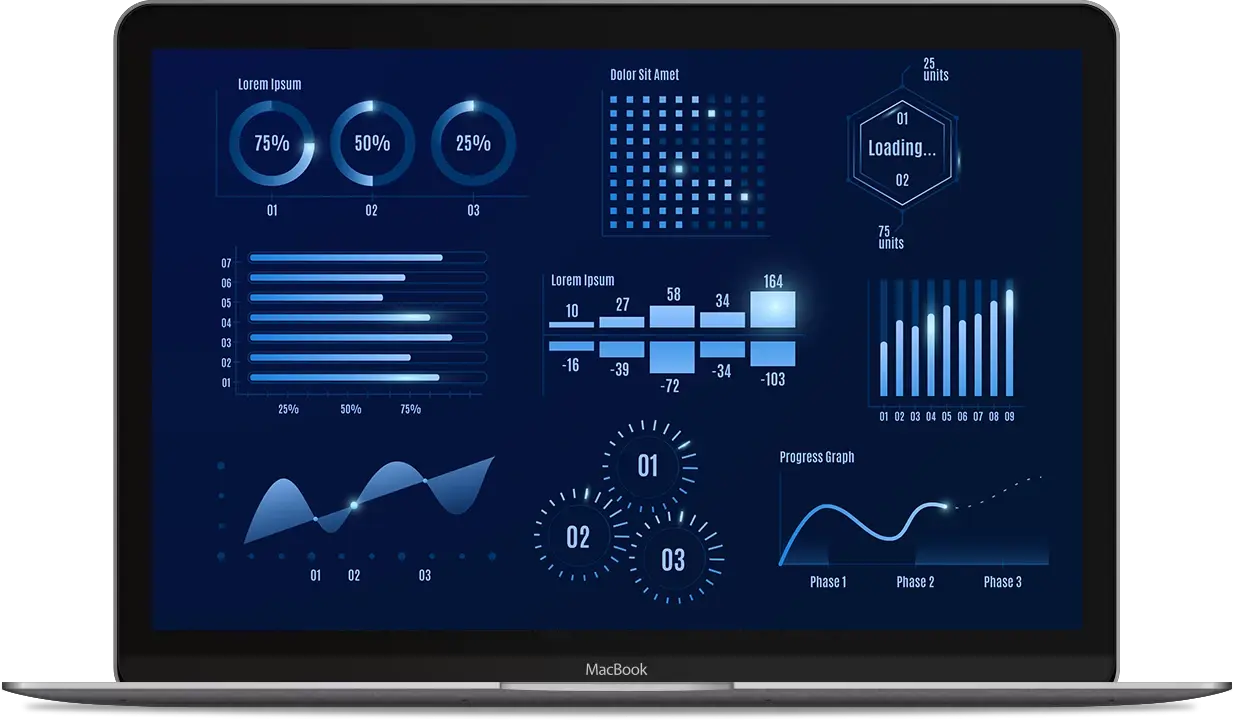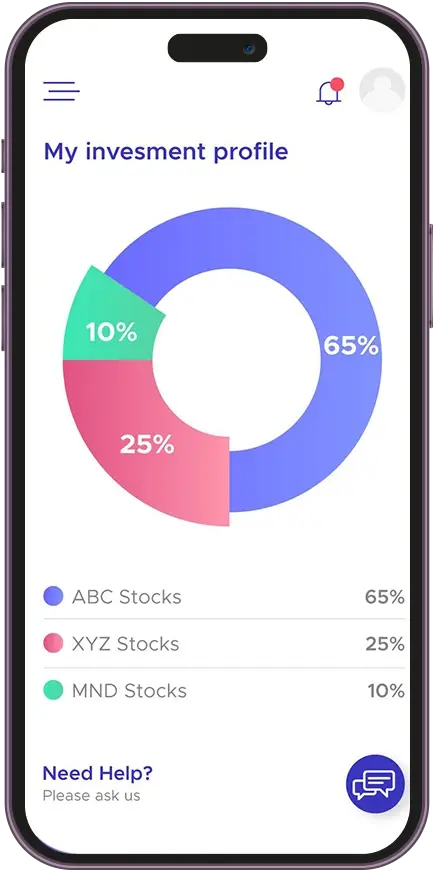

A Hospital Management System (HMS) is a comprehensive software solution designed to manage and streamline the operations of healthcare facilities. Our Hospital Management Software offers a robust and comprehensive solution designed to address the unique needs of modern healthcare facilities. This system integrates various aspects of hospital operations, including patient management, appointment scheduling, medical records, billing, and inventory control, into a single, cohesive platform.

Businesses, particularly those in the healthcare sector, should consider using an HMS for numerous reasons. First, it significantly improves the quality of patient care. With an HMS, healthcare providers have quick access to complete and up-to-date patient records, enabling more accurate diagnoses and treatment plans. This real-time availability of information reduces the chances of errors and ensures that patients receive timely and appropriate care.
Another compelling reason for adopting an HMS is its ability to streamline administrative tasks. Managing a hospital involves numerous administrative processes, from patient admissions to discharge summaries, which can be time-consuming and prone to errors when handled manually.


An HMS enhances data security and compliance. Healthcare facilities are required to handle sensitive patient information, making data security a top priority. An HMS includes robust security features to protect patient data from unauthorized access and breaches. Devant’s HMS gives hospitals the tools they need to adapt, innovate, and thrive while continuing to provide exceptional patient care. Get a free quote today.
Our Hospital Management Software in India is designed to leverage data for smarter decision-making in healthcare environments. It consolidates patient information, treatment histories, financial data, and resource utilization metrics into one centralized database. The system’s ability to generate detailed reports and dashboards enables data-driven strategies that enhance operational performance, reduce costs, and improve patient care quality.
Technology Stack for Hospital Management System
We leverage Angular, React Native, Flutter, and PHP-Laravel to build high-performance Hospital Management System.
 Stores all documents in a single, centralized location, making it easy to find
and retrieve documents.
Stores all documents in a single, centralized location, making it easy to find
and retrieve documents.
 Decreases the need for physical storage space and reduces paper usage.
Decreases the need for physical storage space and reduces paper usage.
 Enhances collaboration by providing a centralized platform or document sharing
and communication.
Enhances collaboration by providing a centralized platform or document sharing
and communication.

 Protects sensitive information through access controls and encryption.
Protects sensitive information through access controls and encryption.
 Assists in adhering to industry regulations and standards.
Assists in adhering to industry regulations and standards.
 Can grow with the organization, handling increasing volumes of documents without
a decline in performance.
Can grow with the organization, handling increasing volumes of documents without
a decline in performance.


Clinical management features are crucial, encompassing modules for laboratory management, radiology integration, and pharmacy management to handle lab test results, diagnostic reports, drug inventories, and prescriptions, all while ensuring compliance with relevant regulations. The system must prioritize data security and privacy, implement role-based access controls, and data encryption, and adherence to regulations like HIPAA or GDPR to protect sensitive information. Reporting and analytics capabilities are necessary to generate customizable reports, analyze patient data, and provide real-time performance dashboards, aiding in strategic decision-making.
Additionally, interoperability and integration with third-party systems, such as diagnostic devices and insurance platforms, are important for seamless data exchange, along with compatibility with standards like HL7 and FHIR. A user-friendly interface with intuitive design, multilingual support, and mobile access is vital to enhance usability for diverse staff and patient demographics. To ensure long-term functionality, the HMS should offer 24/7 technical support, regular updates, and robust backup and disaster recovery solutions to prevent data loss and maintain operational continuity.
Devant IT Solutions offers a Data Analytics Dashboard tailored for Hospital Management Systems, enabling healthcare providers to make data-driven decisions with ease. Our dashboard integrates real-time patient records, financial reports, and operational metrics into an intuitive interface, enhancing hospital efficiency and patient care. With customizable data visualization and predictive analytics, administrators can streamline workflows, optimize resource allocation, and improve service quality.
We ensure seamless integration with existing hospital systems while maintaining data security and compliance. Our advanced analytics tools provide deep insights into patient trends, appointment scheduling, and medical inventory management, empowering hospitals to enhance operational efficiency. Trust Devant IT Solutions to transform healthcare data into actionable intelligence for better decision-making and improved patient outcomes.



A Hospital Management System (HMS) offers a wide range of solutions that address the various needs of healthcare facilities, enabling them to operate more efficiently and deliver higher-quality patient care. One of the primary solutions provided by an HMS is improved patient management through streamlined registration, appointment scheduling, and electronic medical record (EMR) maintenance, which allows for accurate and quick access to patient data, reducing manual errors and improving care coordination. Devant's very own hospital management system can manage EHRs, allowing for quick access to patient history, treatments, and test results, leading to better and faster decision-making.